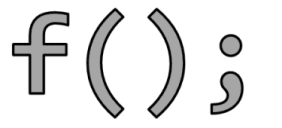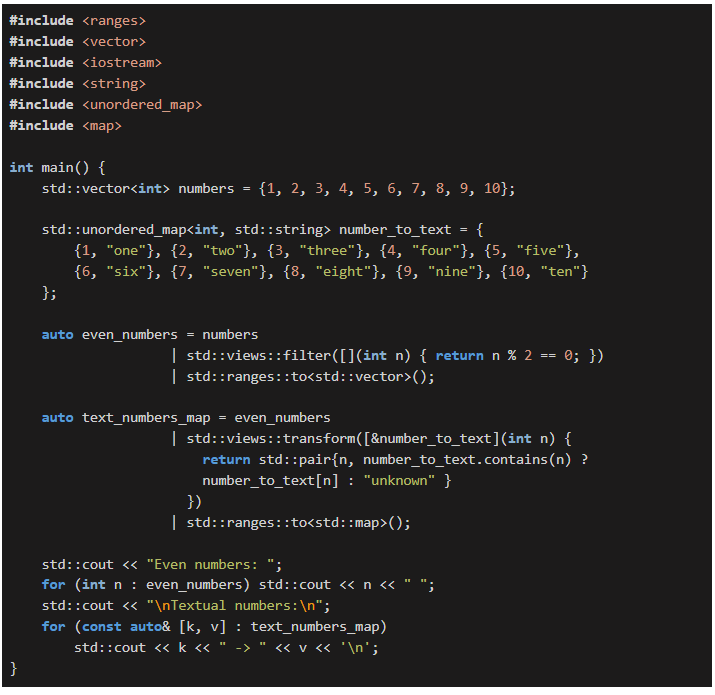The first Meeting C++ trainings in 2025
With the success of the trainings after Meeting C++ 2024, I've decided to offer more opportunities for you to learn C++. Klaus Iglberger starts next week with C++ Software Design.
With these trainings following in March:
Generic programming in C++ with templates and auto with Nicolai Josuttis (10th March, 1 day)
Embedded C++ Basic Training with Richard Kaiser (10th March, 4 days)
C++ Fundamentals You Wish You Had Known Earlier with Mateusz Pusz (13th March, 2 days)
Concepts, Ranges, and Views - The New Way of Programming in C++ with Nicolai Josuttis (17th March, 1 day)
Introduction to C++ - Five Day Online Training with Slobodan Dmitrovic (24th March, 5 days)
Structured Concurrency in C++: A Hands-On Workshop (Coroutines + Senders/Receivers) with Mateusz Pusz (24th March, 2 days)
My goal is to offer a good set of trainings within a certain time frame each quarter with changing trainers. Ideally all within one week, but that doesn't match out all the time.

 In this article, you’ll see eight larger examples that illustrate the changes in C++23.
In this article, you’ll see eight larger examples that illustrate the changes in C++23.
 When tasked with diagnosing why a pointer passed through a pipeline emerged offset from its original value, I discovered an interesting culprit: the misuse of a wrapper function around
When tasked with diagnosing why a pointer passed through a pipeline emerged offset from its original value, I discovered an interesting culprit: the misuse of a wrapper function around  Back in the day, being a witch was considered a grave crime. Today, we’re diving into one of C++’s lesser-known spells: ADL (Argument-Dependent Lookup).
Back in the day, being a witch was considered a grave crime. Today, we’re diving into one of C++’s lesser-known spells: ADL (Argument-Dependent Lookup).  The C++20 standard introduced a specialization of
The C++20 standard introduced a specialization of